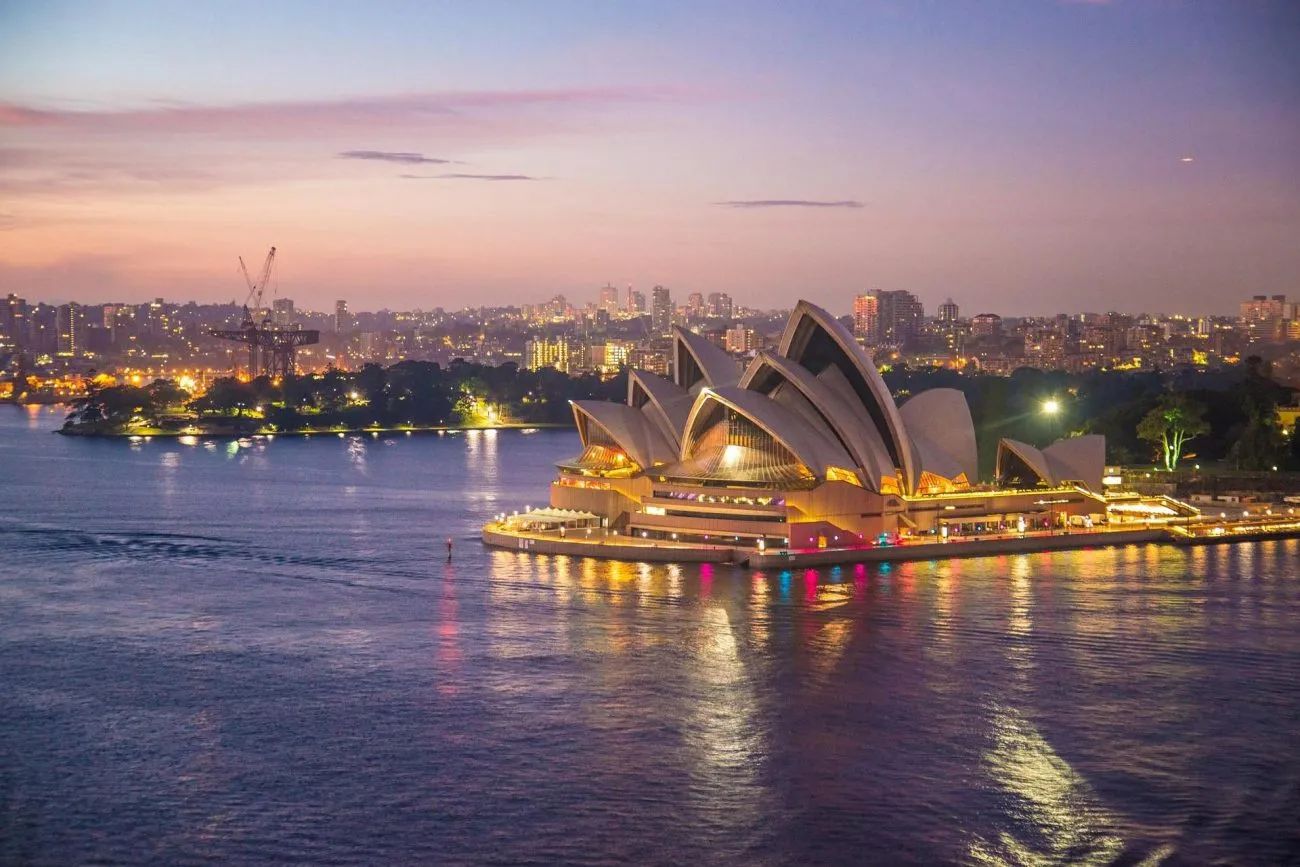Posted on: December 16, 2022, 10:57h.
Last updated on: December 16, 2022, 11:35h.
In an effort to compensate those areas hit hardest by a series of unfortunate circumstances, the New South Wales (NSW) government plans to pick up extra money from casinos. It could make casino operators pay more taxes next year, and it’s not a coincidence that the government has targeted the gaming industry.

NSW is home to casinos owned by Star Entertainment and Crown Resorts. Both operators violated state laws by facilitating money laundering for years, and recently had to pay hundreds of millions of dollars in fines for the infractions.
The two operators, along with other, smaller outfits, are now going to pay even more, according to The Sydney Morning Herald. As of next July, the tax rate on their casino poker machines could go up to as much as 60.67%. That follows the arrival of a 15% point of consumption tax introduced this past summer.
Laying into the Casino Industry
The NSW government is looking for at least AUD364 million (US$243.58 million). That’s promised to give aid to areas that have suffered because of COVID-19, wildfires, and floods. To cover the amount, it’s considering a proposal that would find the money in casino tax revenue.
The government could levy a tax of 60.67% on gaming machines in all casinos across the state. Until now, they have been taxed at a lower rate than what hotels and bars pay for their machines.
Following a drop in NSW’s economy because of emergency spending, the government has also faced backlash over its gaming tax regime. ClubsNSW has repeatedly blasted the government for allowing casinos to pay lower taxes on their gaming machines while its members paid much higher rates.
The proposed tax increase also follows the recent revelation that Star avoided paying the government as much as AUD9 million (US$6 million) in taxes. That was linked to the inquiry into the operator’s regulatory violations. It determined that it allowed some local gamblers to qualify as international gamblers at a lower tax rate.
Star had a deal in place that would have allowed it to save AUD1 billion (US669.2 million) in taxes over 21 years. Its willingness to violate state law voided that agreement.
NSW is also set to pick up another AUD100 million (US$66.92 million) from Crown. That’s the figure analysts provide for its latest property in the state, Crown Sydney.
The resort opened at the end of 2020, but only launched its casino this past June. That was the result of the NSW investigation, which led to the state temporarily suspending the company’s gaming license.
Fight Over Cashless Gaming Continues
The casinos are going to pay an “appropriate contribution to the community,” according to NSW Treasurer Matt Kean. The framework is similar to that of Victoria, which introduced a tiered tax system for casino gaming this past summer.
Other changes are likely to increase the government’s confidence in its tax collection processes. It’s only a question of time.
One of the biggest disputes in Australia’s casino industry, after money laundering and international criminal organizations having access to gaming floors, centers on cashless gaming. If the government could, it would force all gaming to go cashless immediately. But ClubsNSW is making it difficult.
Amid reports of widespread money laundering and gambling addiction (the problem gambling rate in Australia is less than 1%), government leaders believe cashless gaming is the way to go. ClubsNSW and other opponents have lobbied against the move.
So far, they have found enough success to prevent the changes. But in light of continuing issues facing Australia’s gaming industry and the need for tighter controls, cashless gaming is an almost certain eventuality.
